Thomas Latta was a physician in Leith when the second worldwide pandemic of cholera hit Scotland. The disease spread widely. It was still 20 years before John Snow proved beyond reasonable doubt that contaminated water was the cause, but therapies were also controversial. Blood letting was a staple treatment. Latta had read the 1832 reports […]
James Barry (c.1789-1865) studied Medicine in Edinburgh 1809-12, his final examinations being deferred as he seemed too young. The Earl of Buchan wrote to the University authorities pointing out that the regulations made no mention of a minimum age, and Barry was allowed to sit. He defended his thesis and knowledge of medical cases to […]
In the 21st century you need to demonstrate competence and pass the relevant examinations to graduate with an MBChB degree and practise medicine (Philips, 2020). However until the end of the 19th century university trained doctors made up a tiny fraction of medical practitioners. The majority of health care, particularly in rural areas, was by […]
The Scottish Triple was a GMC-approved non-University route to a medical degree for over 100 years. It was notably used imaginatively to provide routes to qualification in the UK for disadvantaged or minority groups, including women, refugees, and immigrants. The Medical Act (Amendment Act) of 1886 required that a qualification must include both medicine and […]
William Cullen was an enormously influential teacher in the early days of Edinburgh Medical School, and was a major contributor to its international teaching reputation. He was born in Hamilton and trained in medicine by apprenticeship in Glasgow. After working as a ship’s surgeon and then in London and Shotts he came to Edinburgh to […]
Who are we? We are a group of 8 second year medical students at the University of Edinburgh undertaking a group project as part of our second semester. Our names are Loic Hayois, Craig Liddell, Alexandra Nash, Cari O’Rourke, Aya Riad, Madryn Riewer, Alba Saenz de Villaverde and Gemma Woodhead. What are we doing in […]
Amongst other challenges, one of the greatest obstacles for the Edinburgh Seven was organising medical lectures. It was specified in the Edinburgh University Calendar for 1870 that women would be taught in different classes from men and would pay double the tuition fee to account for the small classes. Lecturers were permitted but not obligated […]
The pioneers of women’s higher education in the UK. The Edinburgh Seven were the first undergraduate female medical students at any British university. Even though Miss Garrett unsuccessfully applied to study medicine in Edinburgh in 1862, it was only seven years later, in 1869, that Sophia Jex-Blake, the leader of the Edinburgh Seven, gained public […]


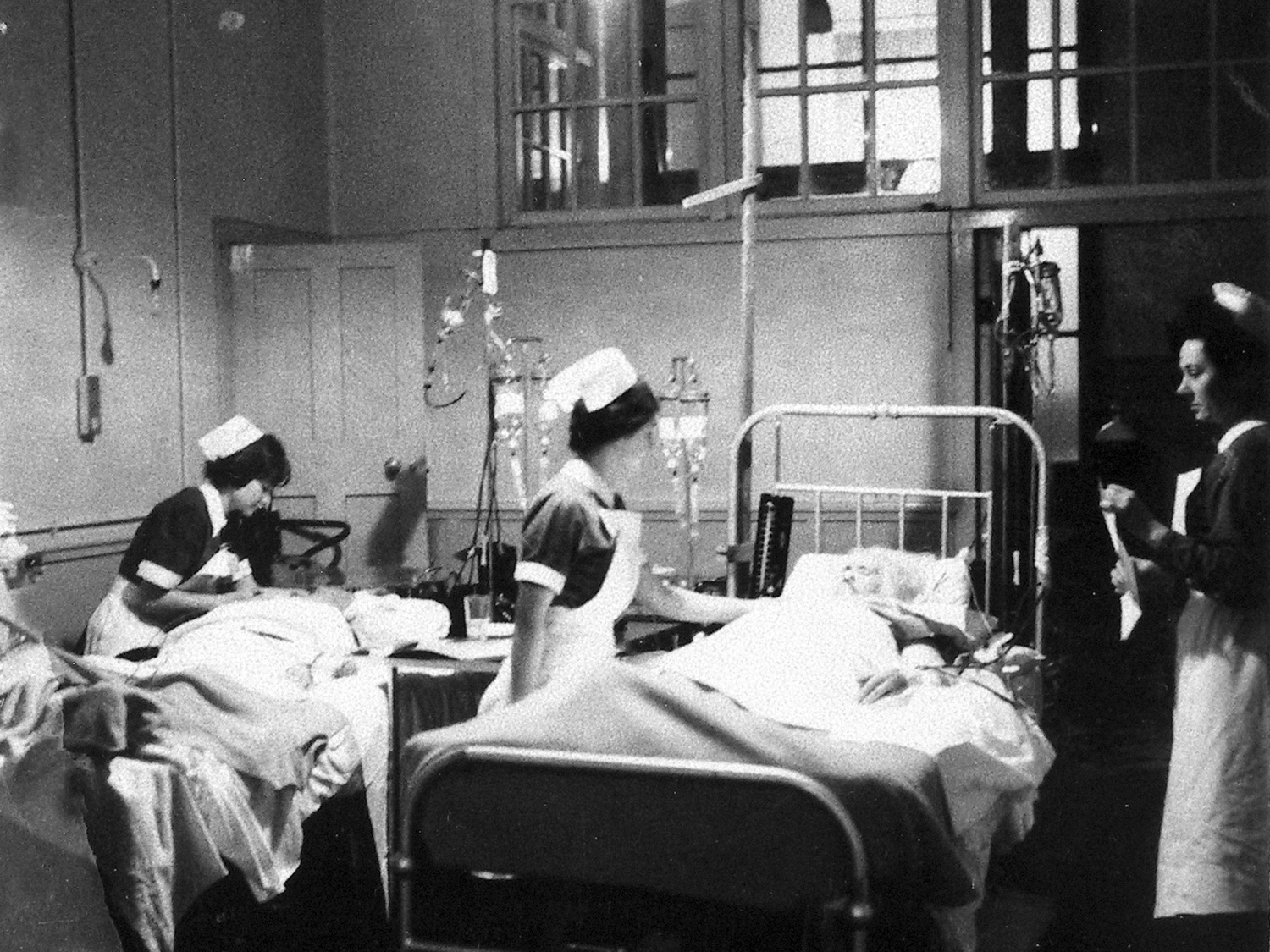
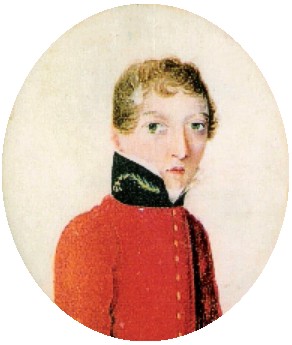
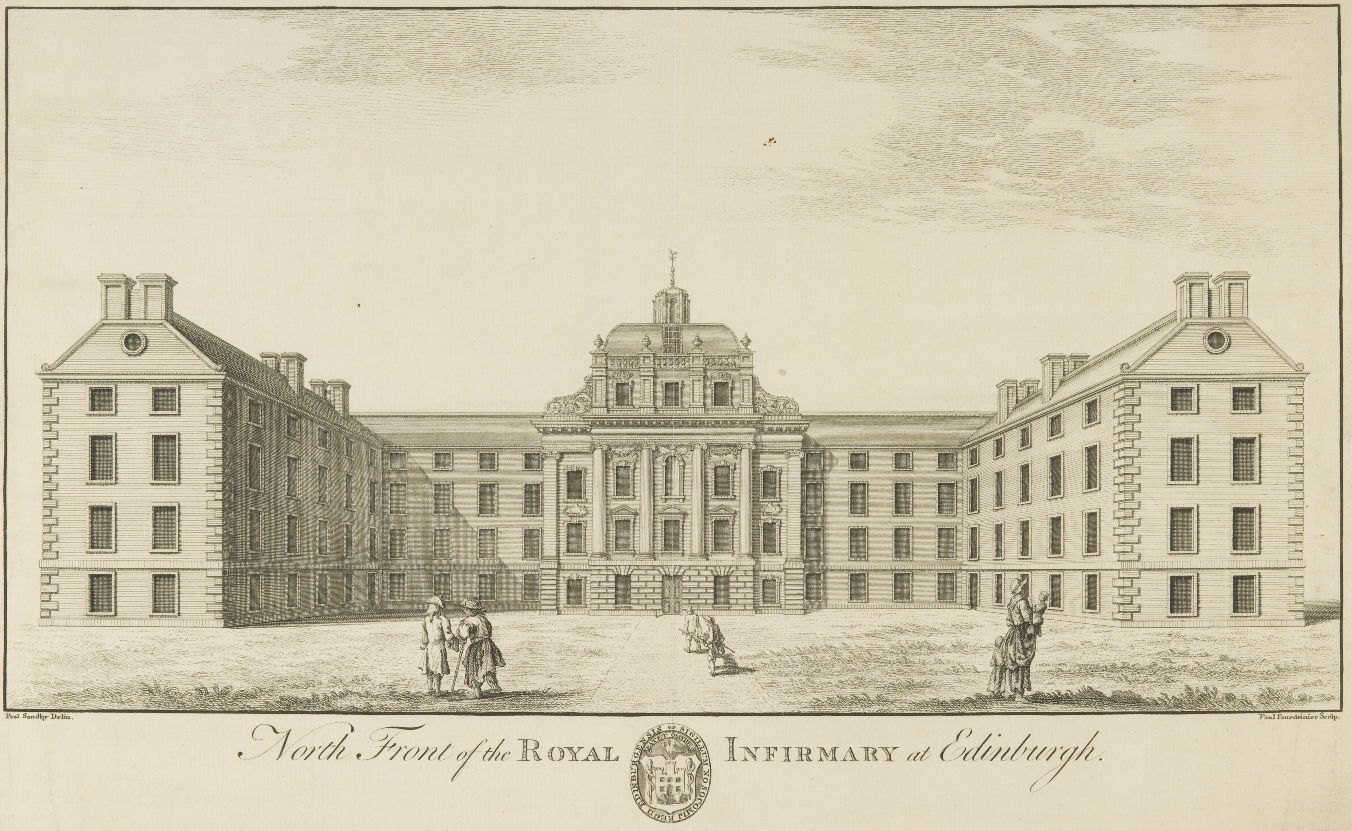
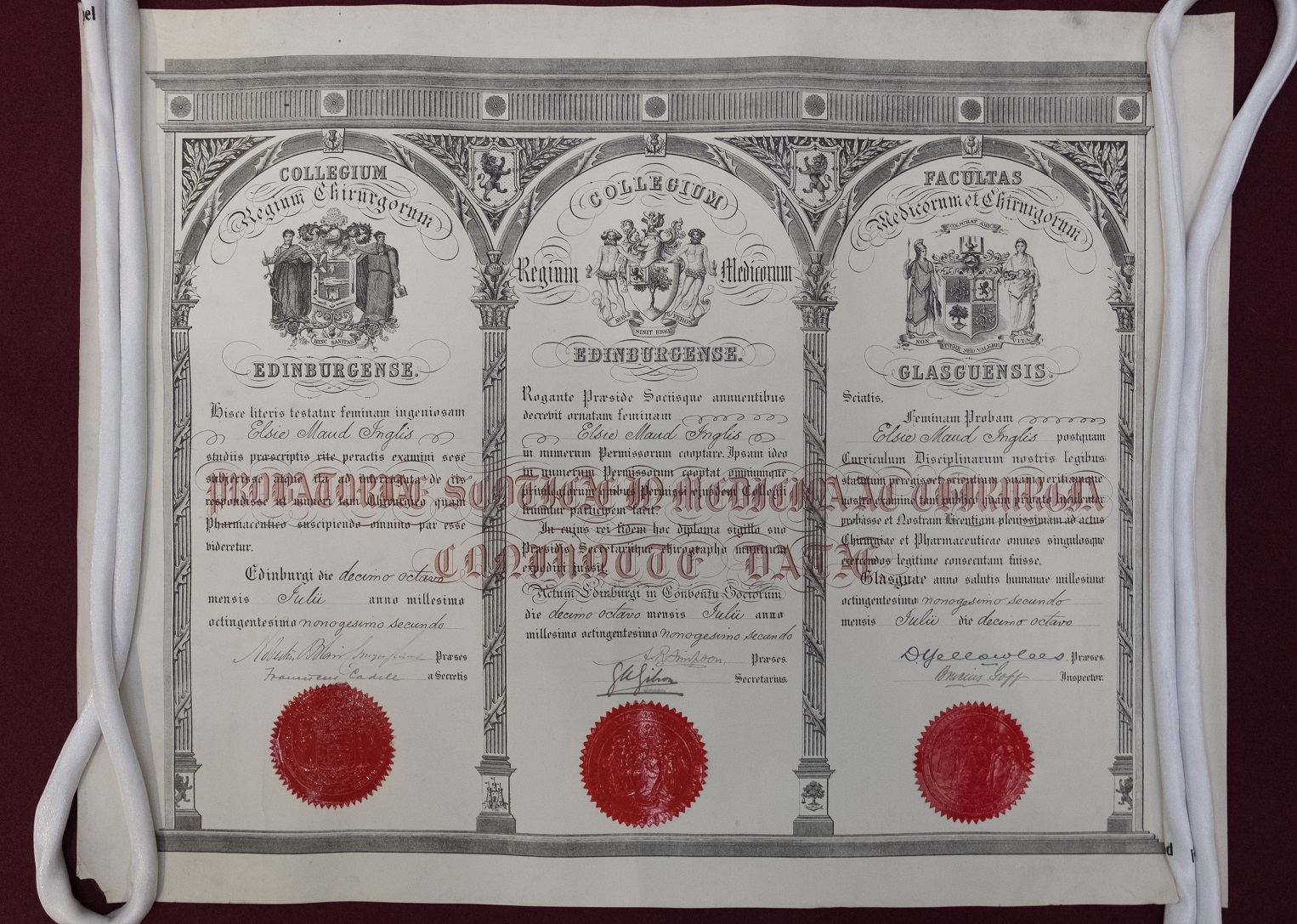
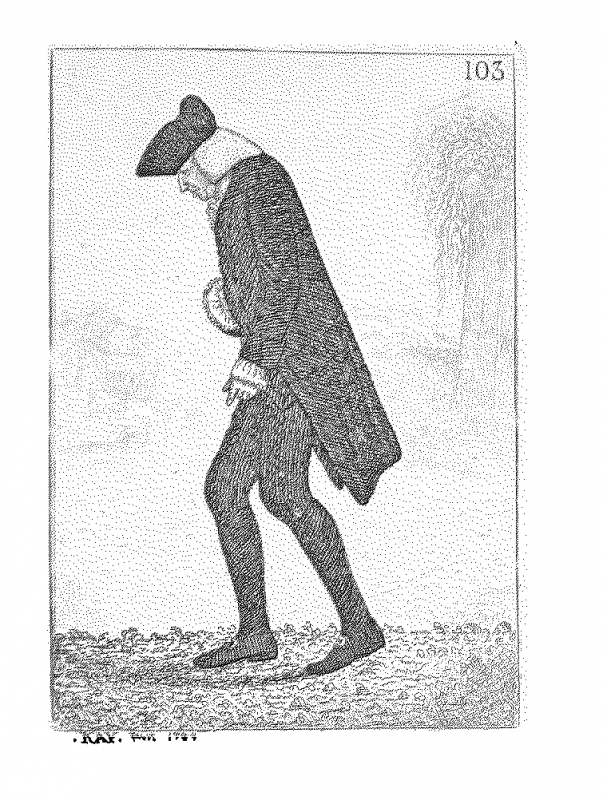
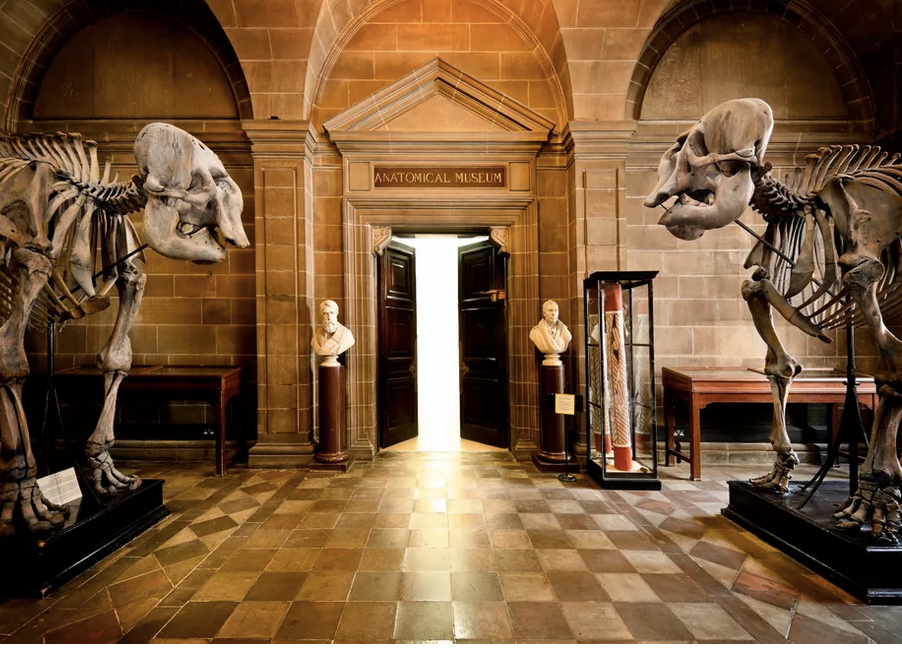
Recent comments